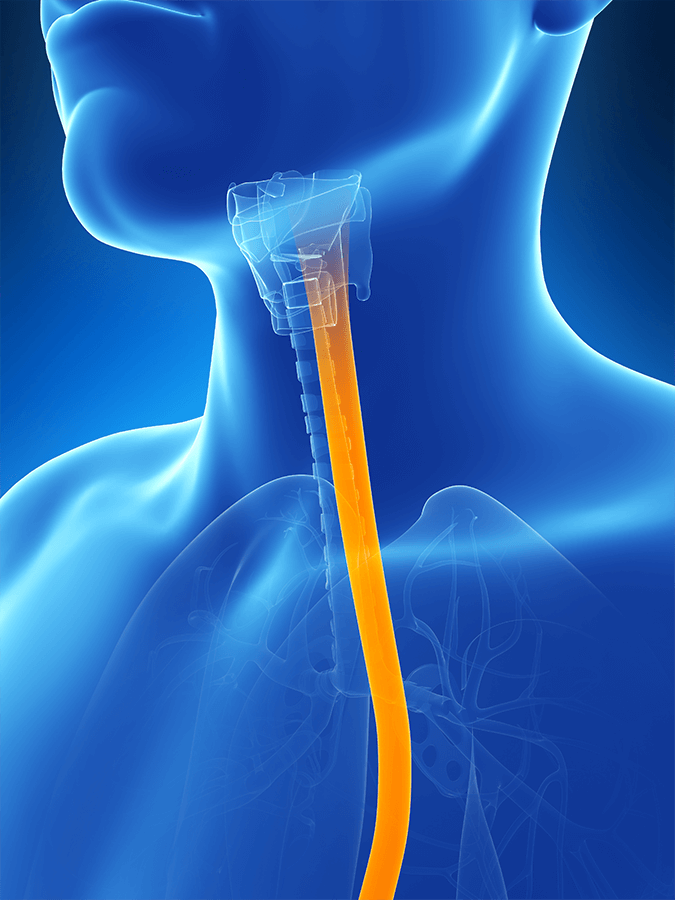Esophageal Dilation in Texas
What is esophageal dilation?
Esophageal dilation is a treatment in which your provider at Texas Digestive Disease Consultants will enlarge a tightened or obstructed section of your esophagus. Esophageal dilation is generally done as an endoscopic procedure to handle gastrointestinal issues that come with the constricting (also known as a stricture) of the esophagus.
The most common method involves balloon dilation, in which a balloon is implanted at the point of the stricture with the help of the video on an endoscope and then enlarged to spread the esophagus. Esophageal dilation is not utilized as a system to cure any illnesses or conditions, but as a therapeutic procedure to relieve symptoms. Therefore, you might need to receive esophageal dilation therapy multiple times, depending on the severity of your ailment. If you are in need of esophageal dilation in Texas, contact your nearest location to request a consultation.

Who is a candidate for esophageal dilation?
There are several different ways a patient may benefit from esophageal dilation. Some of the common issues that merit esophageal dilation therapy can include:
- Esophageal cancer
- GERD (chronic acid reflux)
- Chemical damage to the esophagus resulting in inflammation and constriction
- Eosinophilic esophagitis (EoE)
Get in touch with Texas Digestive Disease Consultants to connect with a provider who can assist in stretching your esophagus so that you can get the relief you require.
Is it okay to eat after esophageal dilation?
Most clients who get esophageal dilation in Texas can return to consuming their standard diet after the therapy once any numbness has subsided. Begin by consuming tender foods, such as bananas, eggs, and pudding, especially if you still have trouble swallowing. Chew your food thoroughly before swallowing. Communicate with your provider regarding any problems you may experience and the food that is right for you.
Is esophageal dilation risky?
Problems are rare when esophageal dilation is handled by an experienced physician. Even when done properly, however, the procedure can potentially produce problems. These concerns may include a split of the esophagus lining, bleeding, and adverse response to anesthesia. Talk to your provider about any concerns you have and about unique risks for your ailment.
